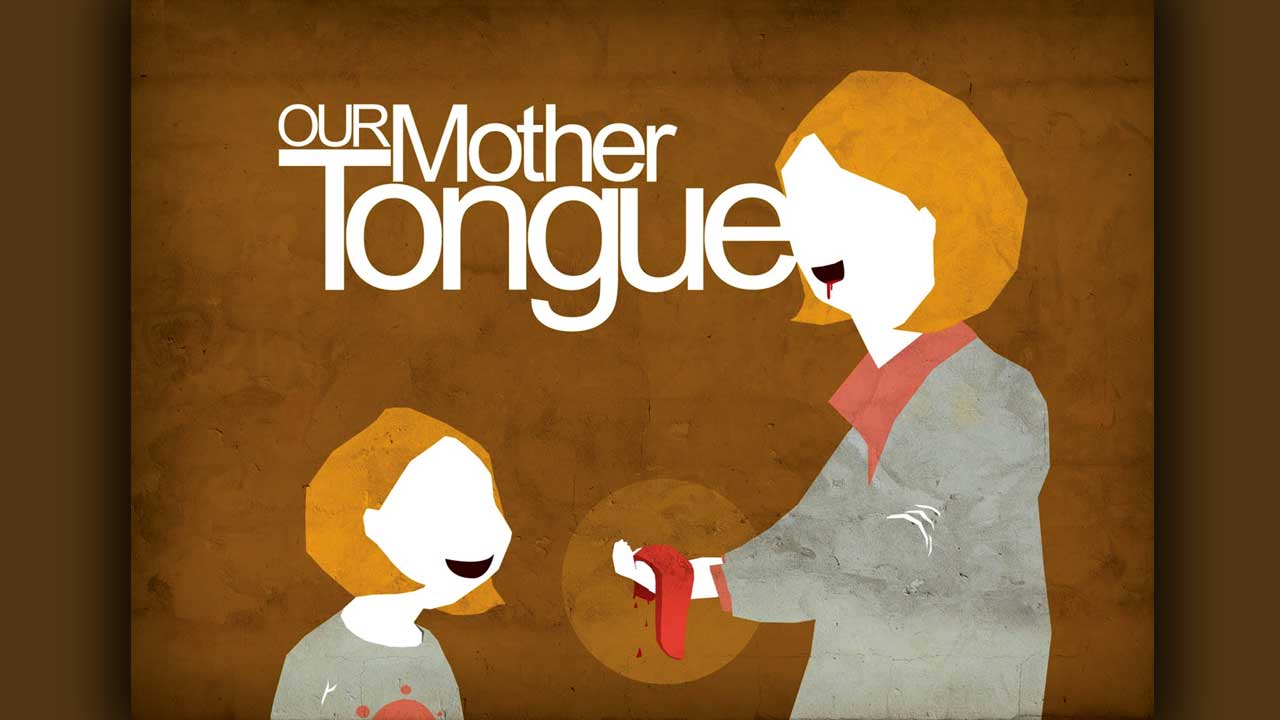
The world celebrated the International Mother Language Day (IMLD) on the 21st February. It is an annual observance to promote awareness of linguistic and cultural diversity and multilingualism. In schools, much emphasis is put on the use of English and French. Creole is being taught as a language. It is also used as an aid to understanding other subjects. However, should we now use Creole language as a teaching medium in our education system?
International Mother Language Day was proclaimed by the General Conference of the United Nations Educational, Scientific and Cultural Organization (UNESCO) in November 1999. On 16 May 2007 the United Nations General Assembly in its resolution called upon Member States “to promote the preservation and protection of all languages used by peoples of the world”. By the same resolution, the General Assembly proclaimed 2008 as the International Year of Languages, to promote unity in diversity and international understanding, through multilingualism and multiculturalism.
International Mother Language Day has been observed every year since February 2000 to promote linguistic and cultural diversity and multilingualism. The date represents the day in 1952 when students demonstrating for recognition of their language, Bangla, as one of the two national languages of the then East Pakistan, were shot and killed by police in Dhaka, the capital of what is now Bangladesh.
According to UNESCO, to foster sustainable development, learners must have access to education in their mother tongue and in other languages. It is through the mastery of the first language or mother tongue that the basic skills of reading, writing and numeracy are acquired. Local languages, especially minority and indigenous, transmit cultures, values and traditional knowledge, thus playing an important role in promoting sustainable futures.
It is highly believed that languages are the most powerful instruments of preserving and developing our tangible and intangible heritage. All moves to promote the dissemination of mother tongues will serve not only to encourage linguistic diversity and multilingual education but also to develop fuller awareness of linguistic and cultural traditions throughout the world and to inspire solidarity based on understanding, tolerance and dialogue.
Creole in the Mauritian education system
Dr Michael Atchia, education specialist, is not in favour of using the Kreol language as a medium of instruction, teaching and learning in schools. “In precisely building Sustainable Futures, we need international languages which will make our school leavers at ease, functional and useful everywhere. And we have the chance of having English and French at our doorstep. Of course Creole is our language and it has its rightful place in the curriculum. Creole being a mother tongue and linguafranca will always be used in daily life. But we train youth for life in 2030-2050 and the advantage of fluency in English and French (two out of the six United Nations languages, which are English, French, Spanish, Russian, Chinese, and Arabic) will be enormous. The plus of mastery of and complete fluency in English and French and possibly one more language (Arabic, Chinese, or Hindi) cannot be overestimated. Yes to this multilingual education, with the needs of life in the future, in this difficult globalised world.”
However, Prof at University of Mauritius in French and Creole, Arnaud Carpooran, argues that Creole as a medium in school will bring more positive changes. “The UNESCO has already stated that countries should encourage the use of mother tongue in schools. In Mauritius changes are being brought up. It is not as simple as it seems. Creole already exists as a subject in school. Teachers uses Creole orally but not in written. It will come with time. Teaching students in their maternal tongue will prove beneficial for them. We have to establish a framework for it. Teachers need to be trained,” he reveals.
UNESCO Director-General’s Message
On the occasion of International Mother Tongue Day, UNESCO restates its wholehearted commitment to linguistic diversity and multilingualism. Languages express who we are; they structure our thoughts and identities. There can be no authentic dialogue or effective international cooperation without respect for linguistic diversity, which opens up true understanding of every culture. Access to the diversity of languages can awaken the curiosity and mutual understanding of peoples. That is why learning languages are at one and the same time a promise of peace, of innovation and of creativity.
International Mother Language Day, devoted this year to multilingual education, is also an opportunity to mobilize for the Sustainable Development Goals, and in particular SDG 4, to ensure inclusive and quality education for all and promote lifelong learning. Education and information in the mother language is absolutely essential to improving learning and developing confidence and self-esteem, which are among the most powerful engines of development.
We are beings of language. Cultures, ideas, feelings and even aspirations for a better world come to us first and foremost in a specific language, with specific words. These languages convey values and visions of the world that enrich humanity. Giving value to these languages opens up the range of possible futures, and strengthens the energy needed to achieve them. On the occasion of this Day, I launch an appeal for the potential of multilingual education to be acknowledged everywhere, in education and administrative systems, in cultural expressions and the media, cyberspace and trade. The better we understand how to value languages, the more tools we will have to build a future of dignity for all.
 J'aime
J'aime














